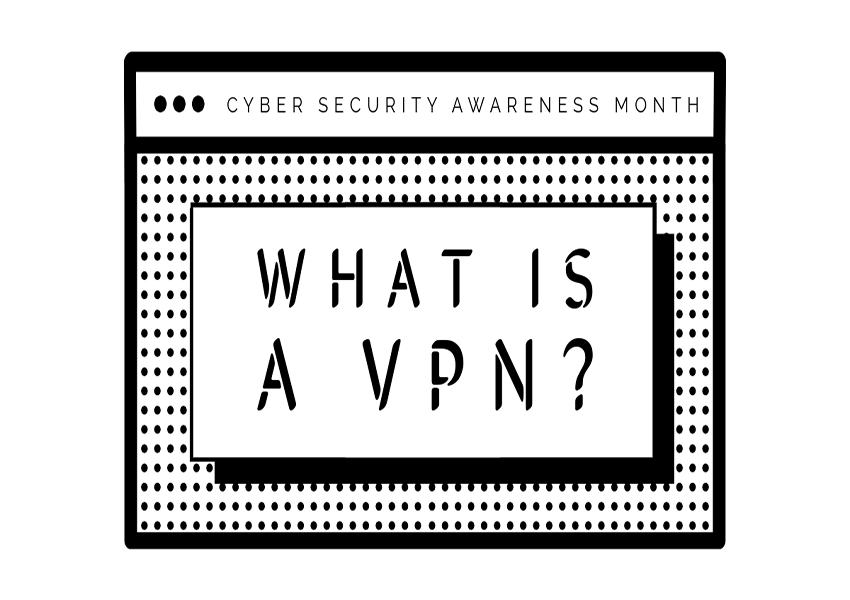What is a VPN?

A VPN, or Virtual Private Network, is a tool that helps you secure your internet connection and protect your online privacy. It creates a private tunnel for your data, shielding it from prying eyes and ensuring that your activities are kept confidential. Imagine it as a secure, encrypted pathway for your data to travel through the internet, away from potential hackers and snoopers.
How Does it Work?
When you connect to a VPN, your internet traffic is routed through a secure server before reaching its destination. This means that your IP address is masked, and your data is encrypted, making it much harder for anyone to track your online movements or intercept your information.
Why is it Important?
- Access Restricted Content: With a VPN, you can bypass geo-restrictions and access content that may be limited in your region.
Who Should Use a VPN?
Whether you’re a frequent traveler, a remote worker, or simply someone who values privacy, a VPN can be a valuable addition to your online toolkit. It’s especially useful for anyone concerned about data security or who wants to access global content safely.
Curious to learn more about VPNs and how they can enhance your online security? Check out this detailed guide from Microsoft Azure: What is a VPN?
Gibson Connect does not provide VPN as a service.